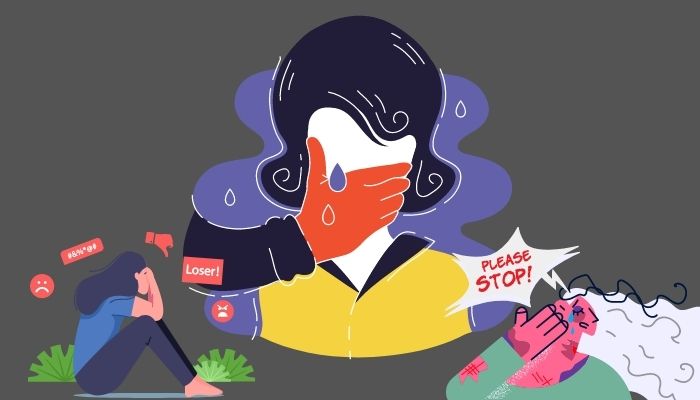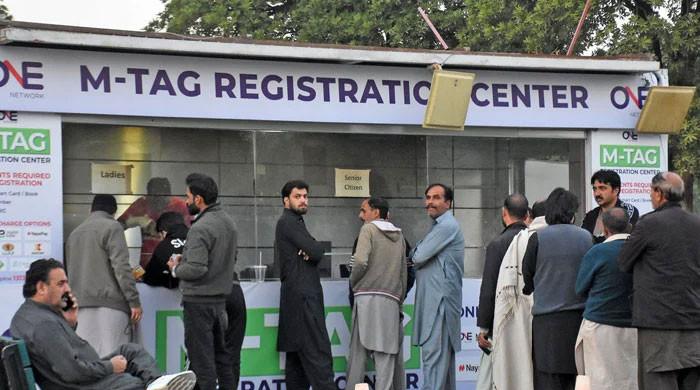WhatsApp, Facebook most frequently used apps to harass Pakistani women: report
DRF cyber harassment helpline received 11,681 cases in last five years
May 18, 2022

- DRF cyber harassment helpline received 11,681 cases in last five years.
- Cyber harassment helpline was launched on December 1, 2016.
- Data says 68% calls were by women while 30% were by men and 1% were by gender minorities.
WhatsApp and Facebook were the most frequently used applications to harass Pakistani women, a report published by the Digital Rights Foundation (DRF) stated.
DRF — a research-based NGO in Pakistan — released its five-year cyber harassment helpline annual report, marking the five-year milestone of the helpline on combating online violence and harassment.
A total number of 11,681 cases have been received by the DRF on their cyber harassment helpline in the last five years, while the helpline received 4,441 cases in 2021 with an average of 370 cases per month with a significant rise between March and September, a statement released by the DRF said.
According to the data, 68% of the calls received were by women while 30% were by men and 1% were by gender minorities. Moreover, the most frequently mentioned platform in case of harassment was WhatsApp followed by Facebook.
The helpline data also indicated that 893 complaints received on the helpline in the year 2021 were of blackmailing whereas 727 cases on the helpline were of the non-consensual use of images in 2021.
The report highlights data collected by the helpline on cases of online harassment, where it stems from and the helpline’s intervention to help individuals facing online violence and also contains recommendations for policymakers and law enforcement agencies (LEAs) along with stories of women journalists and the abuse they’ve faced online.
The cyber harassment helpline was launched on December 1, 2016, and is the region's first dedicated helpline addressing online violence with gender-sensitive, confidential and free services. It provides legal advice, digital assistance and basic psychological assistance through a proper referral mechanism. The toll-free number (0800-39393) is available from Monday to Sunday, 9am till 5pm and extends its services over email and DRF’s social media platforms.
Executive Director of DRF Nighat Dad stated: "The pace at which the cases of cyber harassment are increasing is alarming and must serve as a wake-up call for us to take appropriate action to make the internet a safe and equal space for everyone. Unless all key players take the measures for structural change, we will continue replicating the same discriminatory behaviours against vulnerable groups that we see and experience offline."
The cyber harassment helpline manager Hyra Basit noted: "Along with the rise in engagement with digital spaces, we are also witnessing a rise in harassment that reflects its patriarchal and misogynistic roots in the offline world. Greater emphasis needs to be placed on awareness-raising and proactive reforms in order to maintain a safe environment for all minority communities so that they continue to benefit from the many advantages that the online world has to offer."
The report includes a set of recommendations for policymakers and LEAs regarding online violence and its reporting in the country. DRF calls for regular six months reporting in accordance with Section 53 of the Prevention of Electronic Crimes Act (PECA) and its accessibility to the public.
The report also recommends decriminalising online defamation by repealing Section 20 PECA which is regularly used to silence survivors of harassment and assault. For LEAs, the helpline recommends greater mechanisms to deal with cases in foreign jurisdictions which has also been mentioned in Section 1(4) of PECA. The report also calls for greater assurance of confidentiality as a prerequisite for reporting which is also mentioned under Rule 9 of the PECA rules by the Federal Investigative Authority (FIA).









